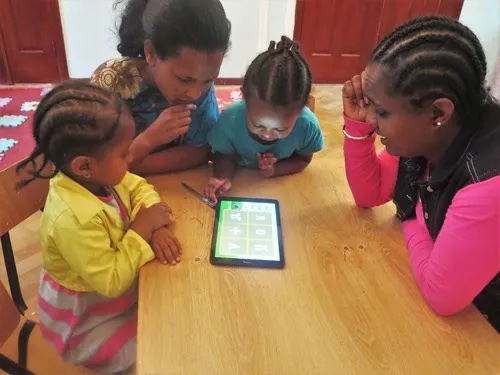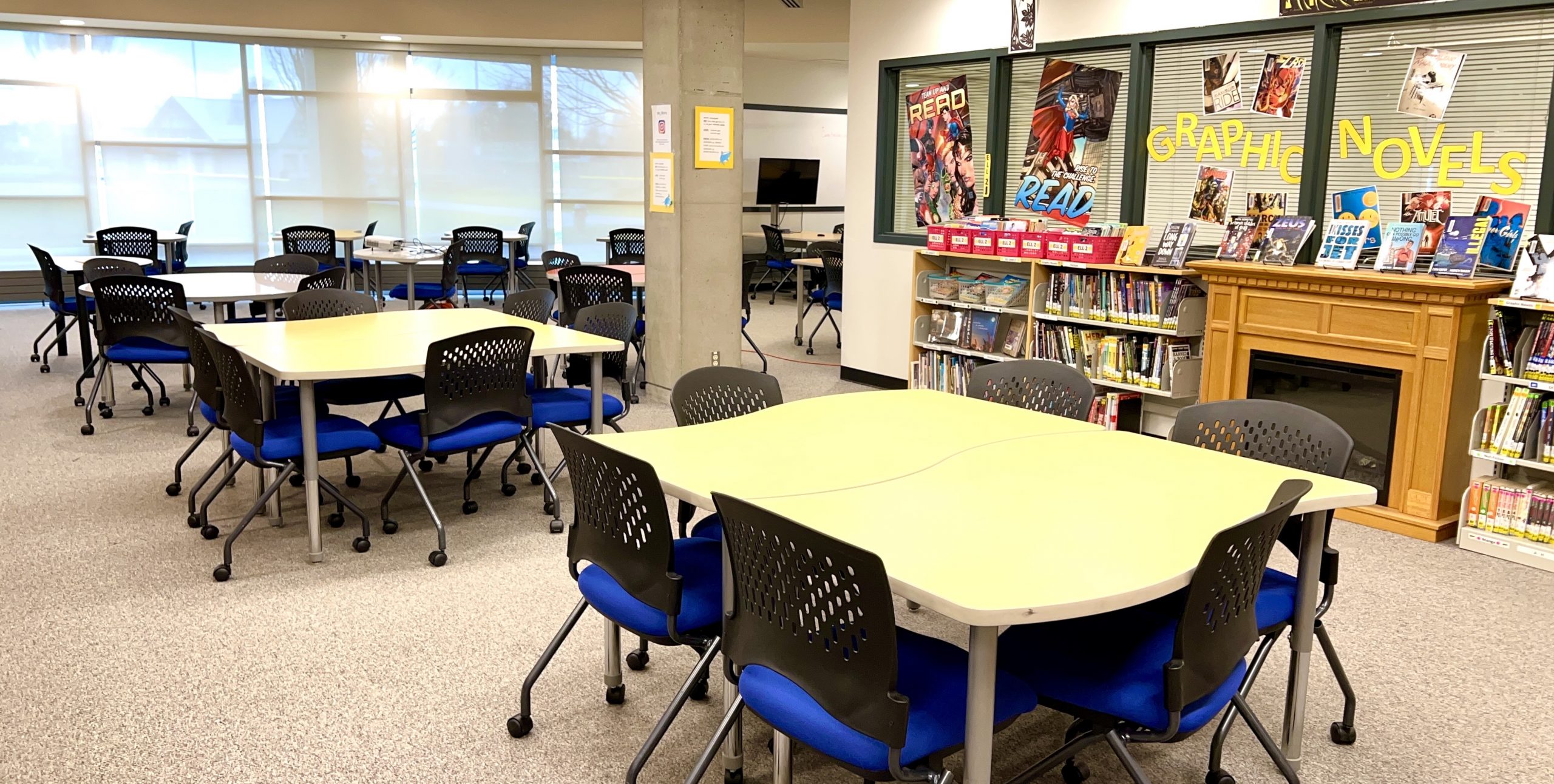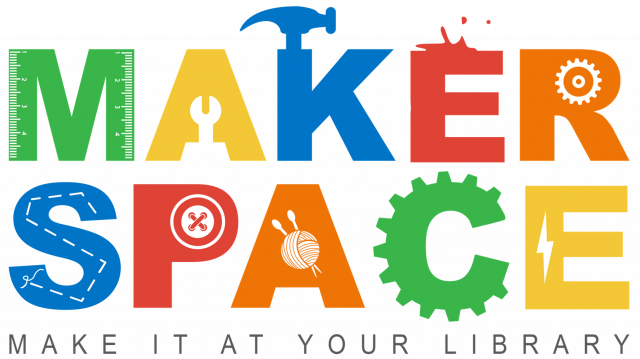Inquiry Blog Post #4
Our most recent task in my UBC course was to research library projects in developing nations and answer the following questions. It was humbling and inspiring reading!
How are library projects in the developing world creating new literacy opportunities and expanding access to the internet and information databases?
In my research, I found many libraries in the developing world that are improving internet access for their patrons and teaching them a wide-ranging variety of literacy skills including reading, ICT and digital literacy, data literacy, media creation skills, civic participation, health literacy, entrepreneurship and employment skills, and the navigation of public services. Many of these libraries carry out their projects with the support and funding of international NGOs whose mission is to help libraries expand their services as a key part of economic development. For example, IREX is an international organization that is funding library projects around the world, including literacy app development in Ethiopia, the ICT training of librarians and the donation of ICT equipment in Uruguay and Peru, and the training of a group of health volunteers in Tanzania in data literacy (on- and off-line) to help inform and improve local decision-making regarding HIV and AIDS (Vanderwerff).

Testing a literacy app in Ethiopia
Continue reading →




